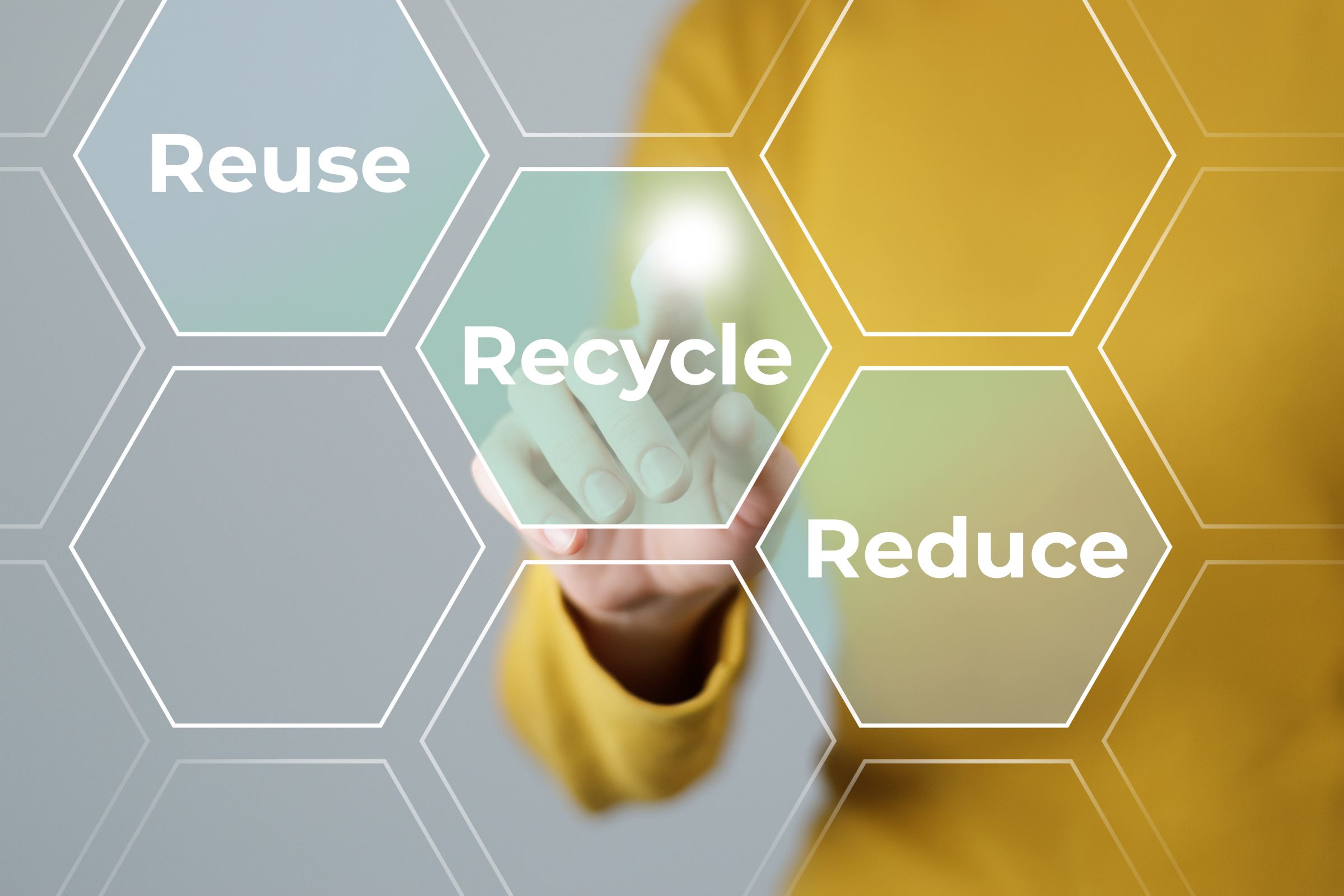
Pengurusan Bahan
Dasar Pengurusan Bahan
Nam Liong Global terutamanya mendapatkan bahan mentah daripada pembekal luar. Lapan item pengadaan keutamaan termasuk pelekat (termasuk bahan tambahan untuk pelekat, agen kimia, dan bahan mentah getah), benang khas, plastik polimer, pita pengikat gelung, kain, aksesori dan bahan pembungkusan, serat khas, dan buih polimer. Jumlah volum perolehan bahan mentah, berdasarkan 80% teratas mengikut nilai perolehan untuk tahun 2024, adalah sebanyak 5,521.7 metrik tan, di mana 32.08 metrik tan adalah bahan boleh diperbaharui.
Ke depan, Nam Liong Global tetap komited kepada falsafah yang dipacu oleh kelestarian, dengan fokus pada peningkatan pengadaan bahan boleh diperbaharui dan meningkatkan kitar semula serta penggunaan semula sisa di dalam rumah, dengan objektif memaksimumkan kecekapan sumber dan meminimumkan impak alam sekitar sambil memastikan kualiti dan keselamatan produk. Kami akan terus meneroka bahan mentah alternatif mesra alam yang mematuhi piawaian antarabangsa seperti Piawaian Kitar Semula Global (GRS) dan pensijilan Majlis Pengurusan Hutan (FSC), dengan itu memajukan pembangunan rantaian bekalan hijau. Selain itu, kami akan menguruskan sumber dan komposisi bahan mentah untuk memastikan bahawa produk kami mematuhi sepenuhnya inisiatif, peraturan, dan arahan alam sekitar antarabangsa, dengan itu mengukuhkan tanggungjawab alam sekitar kami dan bergerak ke arah kelestarian.
SASB-CG-AA-440a.4 Berat Pengadaan Bahan (tan)
Material Procurement Pengurusan mengikut Piawaian SASB
| Metrik | Pernyataan Pelaksanaan SASB-CG-AA-440a.3 |
|---|---|
| 1. Faktor persekitaran dan/atau sosial yang paling mungkin mengancam sumber | ● Dari segi faktor persekitaran, increasingly stringent regulations related to climate change and net zero carbon emissions are driving up the costs of raw material production and transportation. The over-exploitation of natural resources may result in issues such as land degradation and water scarcity, further leading to supply shortages, price fluctuations, and potential quality instability. In addition, the production of raw materials involves carbon emissions, wastewater discharge, chemical pollution, and high energy consumption, all of which pose long-term environmental impacts and consequential challenges to the Corporate’s operational sustainability. ● Dari segi faktor sosial, geopolitical tensions and global economic instability have increased the uncertainty of international trade, thereby raising the complexity of procurement and supply chain management. Meanwhile, the textile industry in Taiwan faces challenges such as capacity relocation, the exit of small-scale processing plants, and an aging skilled workforce, resulting in increased difficulty in sourcing raw materials and affecting supply chain stability. In addition, supply chain operations may involve issues such as poor labor conditions, the use of child labor, and inadequate occupational safety, posing potential risks to both the Corporate’s fulfillment of social responsibilities and reputation. |
| 2. Risiko dan/atau peluang perniagaan yang berkaitan dengan faktor persekitaran dan/atau sosial | ● Dari segi risiko, as the world moves toward net zero carbon emissions, the use and import of raw materials with high carbon emission may be restricted, resulting in increased compliance pressures and environmental costs for businesses. International markets placing growing emphasis on environmental, social, and governance (ESG) performance, and brand customers are imposing increasingly stringent requirements on green supply chains, non-compliance may lead to potential loss of orders. In addition, fluctuations in raw material prices and supply chain instability may affect production costs and operational efficiency, thereby increasing overall business risk. ● Dari segi peluang, the increasing global demand for environmentally friendly materials is driving the expansion of markets for recyclable, low-carbon, and bio-based materials. Businesses that comply with environmental regulations and hold sustainability certifications are more likely to gain favor with international brands, thereby enhancing their market competitiveness. In addition, developing and certifying green products can strengthen corporate image, create sustainable business opportunities, and enhance businesses’ capacity for sustainable development. |
| 3. Strategi pengurusan untuk menangani risiko dan peluang perniagaan | ● Dari segi pengurusan rantaian bekalan, Nam Liong Global collaborates with suppliers who comply with restricted substances standards and sources raw materials certified to third-party environmental or social standards to effectively mitigate potential environmental and health risks. These standards include the Global Recycled Standard (GRS), the Forest Stewardship Council (FSC®) certification, the OEKO-TEX®STANDARD 100, and the bluesign® standard. A supplier sustainability self-assessment mechanism is established to regularly evaluate their environmental and social conditions. In addition, inventory pressure is reduced and supply chain resilience strengthened through coordinated supplier material preparation and batched shipments, while in-house production lines are expanded to enhance autonomous manufacturing capabilities and quality control, thereby mitigating potential supply chain disruptions. ● Dari segi pengurusan bahan, Nam Liong Global continues to promote waste recycling and reuse initiatives, including the reintroduction of in-house production scraps and the off-site pyrolysis oil refining of waste rubber, thereby improving material utilization efficiency and reducing waste disposal costs. In addition, the Corporate advances environmentally friendly processes and green materials through the expansion of the Eco-Family product series, focusing on the use of recycled and bio-based materials, as well as solvent-free or water-based processes, with the objective of effectively mitigating the environmental impact throughout the product lifecycle. ● Moving forward, Nam Liong Global remains committed to continuously conducting organization-wide greenhouse gas (GHG) inventories and product carbon footprint assessments, enhancing data-driven management capabilities to support our sustainability-oriented decision-making. The Corporate will also deepen strategies for green supply chains and material recycling and reuse, collaborating with suppliers and customers to advance sustainable operations. |
